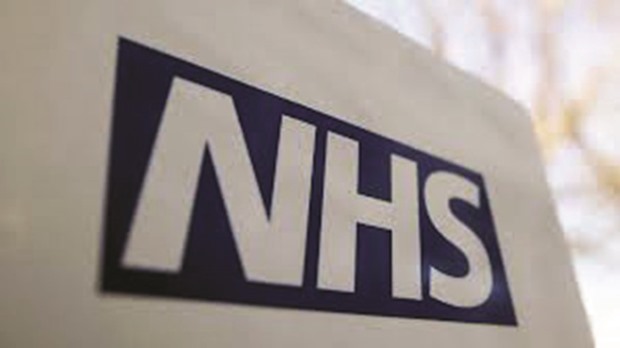Jeremy Hunt has accused junior doctors of inflicting “the worst doctors’ strike in NHS history” by announcing a five-day walkout later this month.
In a series of broadcast interviews yesterday, the health secretary also tried to exploit divisions in the BMA, the doctors’ union, after members rejected a deal over new contracts recommended by the body’s leaders.
Speaking to Sky News, Hunt said: “Patients will be asking why it is that the BMA, who only in May said ‘this deal is a good deal for doctors, a good deal for patients, it’s good for the NHS, it’s good for equality’, are now saying it is such a bad deal that they want to inflict the worst doctors’ strike in NHS history.”
Prime Minister Theresa May accused the BMA of playing politics and backed Hunt, saying he was an “excellent health secretary”. She said the deal was “safe for patients”, adding that the NHS had “record levels of funding” and “more doctors than we’ve seen in its history”.
“The government is putting patients first, the BMA should be putting patients first - not playing politics,” she said.
Dr Mark Porter, chair of the BMA council, said the decision to announce five consecutive days of strike from September 12 was made after “long and difficult debates”.
Repeatedly challenged on BBC Radio 4’s Today programme about the level of support for the strike, Porter did not dispute a claim that the council backed five-day strike action by only 16 votes to 14. But he denied that there had been block voting by consultants and GPs to reject the strike.
The latest planned strike action is the first since BMA members rejected the government’s final offer on the contract in a 58% to 42% vote in July, despite a recommendation to accept by the BMA’s leadership.
At the heart of the contract dispute is Hunt’s proposal to change what constitutes “unsocial” hours for which junior doctors can claim extra pay, turning 7am to 5pm on Saturday into a normal working day as part of a Tory manifesto pledge to create a “seven-day NHS”.
There have been five previous walkouts in the dispute, all this year. The longest lasted two consecutive days, and the first all-out strike – including junior doctors working in emergency departments – was held in April. More than 100,000 operations and outpatient appointments have been cancelled so far as a result of industrial action.
Porter said Hunt had left junior doctors with no alternative but to strike again.
He said: “The reason the strikes have been announced is the continued reluctance of the secretary of state for health to do anything other than impose a new contract on junior doctors, a contract in which junior doctors have demonstrated repeatedly that they do not have confidence.”
He also dismissed a claim by Chris Hopson, chief executive of NHS Providers, that the government and employers side had made 73 concessions in the negotiations.
Porter said: “Anyone could count up the number of commas changed and words inserted into a negotiated document containing tens of thousands of words and come up with a number like 73. That number is completely meaningless.”
He added: “It is time to give up the incremental approach of changing a word here or there. That is not going to work as the doctors have comprehensively shown in the latest referendum.”

